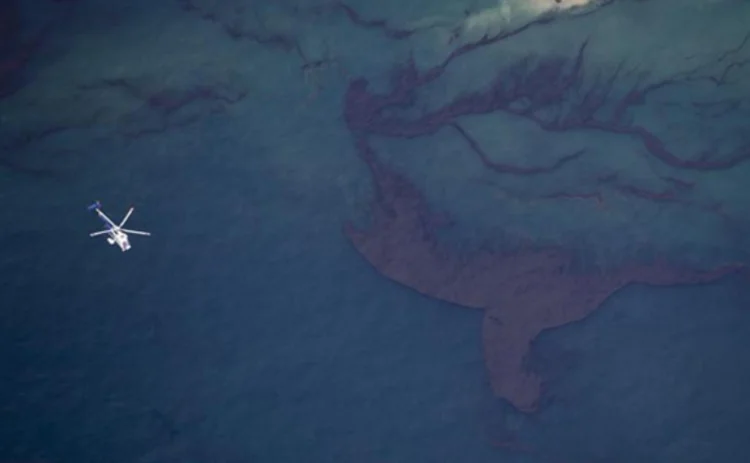
AM Best revises BP's captive Jupiter's outlook

AM Best Europe has revised the outlook of Jupiter Insurance to stable from negative and affirmed the financial strength rating of A (Excellent) and issuer credit rating of "a".
Jupiter is a captive of BP, the integrated global oil and gas company, and is based in Guernsey.
The ratings reflect Jupiter's strong level of risk-adjusted capitalisation and good underwriting performance. Offsetting these positive rating factors is Jupiter's high level of risk retention and its concentrated investment portfolio.
The revised outlook is a result of an improvement in the position of BP, given the reduction in uncertainty regarding the Gulf of Mexico oil spill in 2010.
Jupiter's underwriting limit has increased significantly over recent years, with risk retention per event going from $500m in 2008 to $1 500m on 1 April 2011. This has been matched by a noteworthy increase in gross premium income, from $759m in 2008 to somewhere in the region of $2 000m in 2011.
Despite a concentrated investment portfolio, high underwriting limit and a lack of reinsurance protection, AM Best considered that Jupiter is likely to maintain a strong level of risk-adjusted capitalisation over the medium term.
Capitalisation is supported by a large absolute capital base, equal to $6.1bn at 31 December 2010. At the same date, Jupiter had over 99% of its asset base ($6.4bn) invested into its parent via a discount note of relatively short duration. Although Jupiter does not purchase any reinsurance protection and risk retention is high at $1.5bn for any one event (or around 25% of total capital), AM Best considered that the company's capital base could adequately absorb a small number of major claims.
In 2010, despite an incurred loss of $590m following BP's GoM oil spill, Jupiter maintained a strong level of profitability for the financial year, with underwriting profits of $466m and a combined ratio of only 59.4%.
AM Best anticipates that a good level of underwriting performance will be maintained in future years. However, given the significant growth in Jupiter's underwriting portfolio in recent years.
The position of Jupiter's parent, BP, appears to be gradually improving following the catastrophic well blowout and oil spill in the GoM in 2010. Although significant uncertainties remain over both the ultimate financial and reputational impact of the incident on BP, the oil well was successfully sealed and the group was able to absorb a pre-tax charge of $40 900m.
Furthermore, increased attention on safety and risk management processes at BP could potentially have a positive impact on Jupiter's claims experience over the longer term.
Only users who have a paid subscription or are part of a corporate subscription are able to print or copy content.
To access these options, along with all other subscription benefits, please contact info@postonline.co.uk or view our subscription options here: http://subscriptions.postonline.co.uk/subscribe
You are currently unable to print this content. Please contact info@postonline.co.uk to find out more.
You are currently unable to copy this content. Please contact info@postonline.co.uk to find out more.
Copyright Infopro Digital Limited. All rights reserved.
You may share this content using our article tools. Printing this content is for the sole use of the Authorised User (named subscriber), as outlined in our terms and conditions - https://www.infopro-insight.com/terms-conditions/insight-subscriptions/
If you would like to purchase additional rights please email info@postonline.co.uk
Copyright Infopro Digital Limited. All rights reserved.
You may share this content using our article tools. Copying this content is for the sole use of the Authorised User (named subscriber), as outlined in our terms and conditions - https://www.infopro-insight.com/terms-conditions/insight-subscriptions/
If you would like to purchase additional rights please email info@postonline.co.uk
Most read
- Movers and shakers who made Insurance Post’s Power List 2024 revealed
- Insurance’s wealthiest figures revealed
- Winslow continues Direct Line management overhaul








